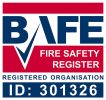When it comes to choosing appropriate Security, ask yourself…
What areas are you protecting and what impact would any losses have to your business?
When you weigh up the potential loss against the cost of security, logic dictates the requirement for protection of some sort. Commercial property owners will generally have their insurance requirements to consider as your cover may be dependent on having systems in place that meet a certain grade. For most businesses owner’s CCTV is a must.
Due to the huge rise in ‘Off the shelf’ CCTV solutions that have been designed for DIY installations, business owners can sometimes find themselves confused as
to the difference between these types of system and ones offered by professional companies such as BAC.
So, the question now is…‘Should I choose the DIY options or have a system supplied and installed by a Professional Security company?’ This article should give you the information required to make an informed
decision.
What is a DIY CCTV system?
A self-install or DIY system is one that can be purchased from places such as Electrical shops or other high street retailers. You can also find these systems online from numerous websites.


Self-install cameras like the ones shown above can be a lot smaller and tend to have a limited range of lens sizes, nearly all being a fixed lens of 2.8mm. The downside of this lens size is that the areas covered by the camera’s vision will be a general overview disallowing you close up vision of objects. You can of course ‘blow up’ the images but unless you have a VERY high megapixel camera this will mean losing resolution.
This is fine for very simple applications on small sites, however, larger premises would potentially need additional cameras to ensure the system covers the area you need. See the lens size chart for a better visual explanation below.
These systems generally have basic security features such as recording images, footage playback and can be set up for remote viewing via your home or businesses broadband.
What difference does lens size make?
As you can see by the chart, lens size can make a massive difference in terms of the quality of images when at a distance.
If you have something you want to cover which is for arguments sake 100M away, you would not be able to use any images from a 2.8mm lens which you could use for identification.
For items not in the immediate vicinity, you will require larger lenses in order to have detailed views which are fit for purpose.
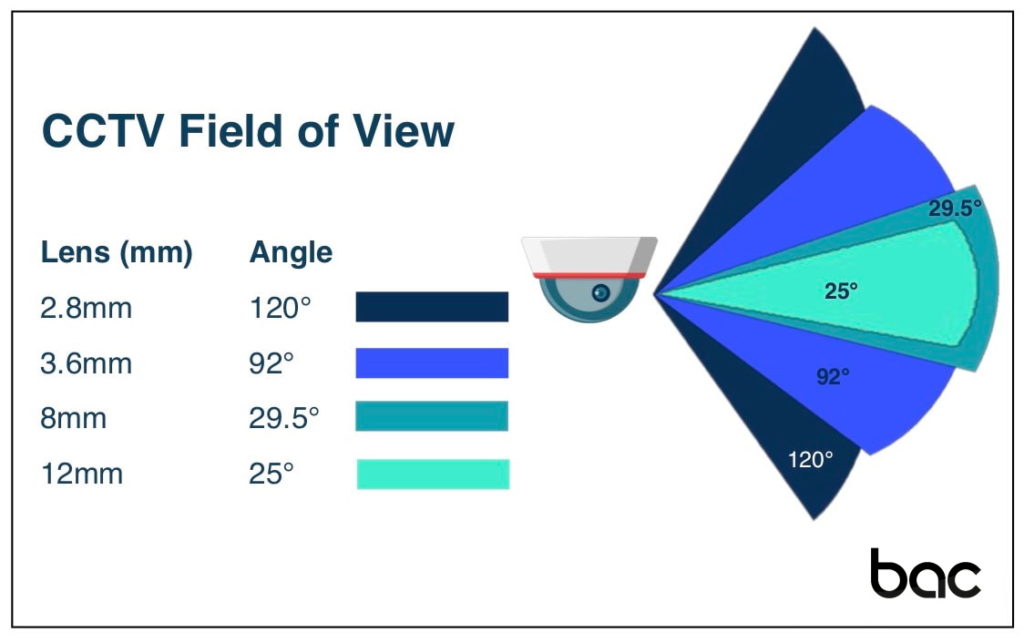

So Why do some people choose DIY CCTV systems?
The main reason that people choose this option is simply cost. These systems are less expensive as the manufacturers do not provide anything other than the equipment itself. The difference in cost is due to a number of factors, the biggest of which are…
It is nearly always Lower rated Equipment
Self-install Cameras are generally made to a lower specification. Their IP rating (Weather proof) is normally IP66 and the cameras Frames per second rate is generally 15. Professional Cameras are nearly always IP67, with some even rated at IP68 and offer frames rates of up to 30 FPS.
No Installation - You fit everything yourself
This may not be an issue for some of you, however to properly site cameras at the correct heights, especially in a commercial environment generally requires specialist equipment and knowledge.
No set up or certification - You Commission the system yourself
Without specialist technical knowledge and the appropriate industry accreditations You will not be able to certify the system.
No warranty replacement service - You have to deal with any Faults or failures
Should any aspect of the system fail, you will need to arrange a warranty replacement. This means you will have to remove the faulty equipment, send it back to the manufacturer and await their approval of a replacement part. Once received it’s up to you to reinstall it and recommission it.
No 24 hour Engineer response- You can only talk to an agent on the phone
If you have a technical query you will have to resolve it yourself with assistance over the phone.
Now, most of the above are acceptable for a Domestic system but when you consider the same for a Business Environment, the inconvenience, effort and system downtime could have serious repercussions. In short, any saving a business makes by opting for a DIY solution pales into insignificance when compared to the potential hassle and risk should any element of the system fail.
Why should I consider a Professionally Installed CCTV system?
When you choose to speak to a professional security company such as BAC, we will offer a totally free consultation at a time and date to suit you. The purpose of the consultation is to ascertain what you need to achieve with your system, such as is the system for Home Security? or Business Security to monitor Stock, cash handling areas, health and safety, vehicle movements, people counting etc…?
We will also discuss the length of time you would like the system to record for, a week, a month, 6 months, or more? Once this has been completed, we will then provide a full survey of the premises and grounds identifying key areas of concern/risk. Once we are aware of what you want your system to do, we will then stipulate the correct Camera type for each application and how many are required. This is where you will receive a full design proposal showing camera locations and fields of view.
You may find that we specify more cameras than you were expecting as we’ve identified blind spots or areas of concern, you may not have considered, but you can decide whether or not you wish to accept our suggestions… after all, you’re the customer.
When it comes to the actual cameras, the quality of the unit and lens type can make the difference between footage that convicts or not. Image resolution and infra-red quality dictate the ability to clearly identify an individual. Career criminals will spot the difference between off the shelf DIY systems and a professional install with ease.
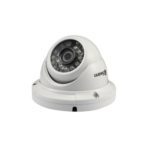


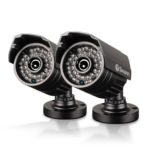


DIY system
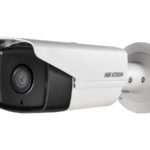


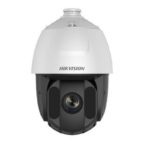


Professional system












DIY
Professional
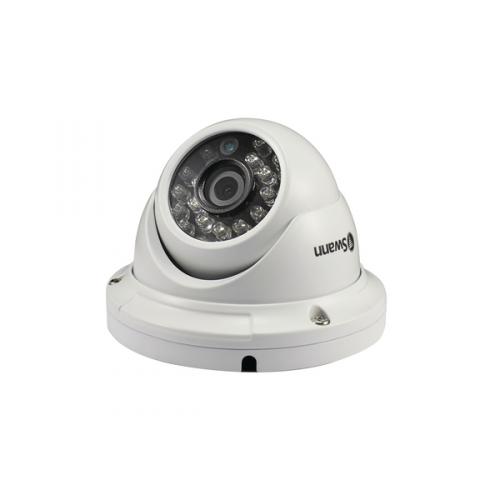



DIY
Professional
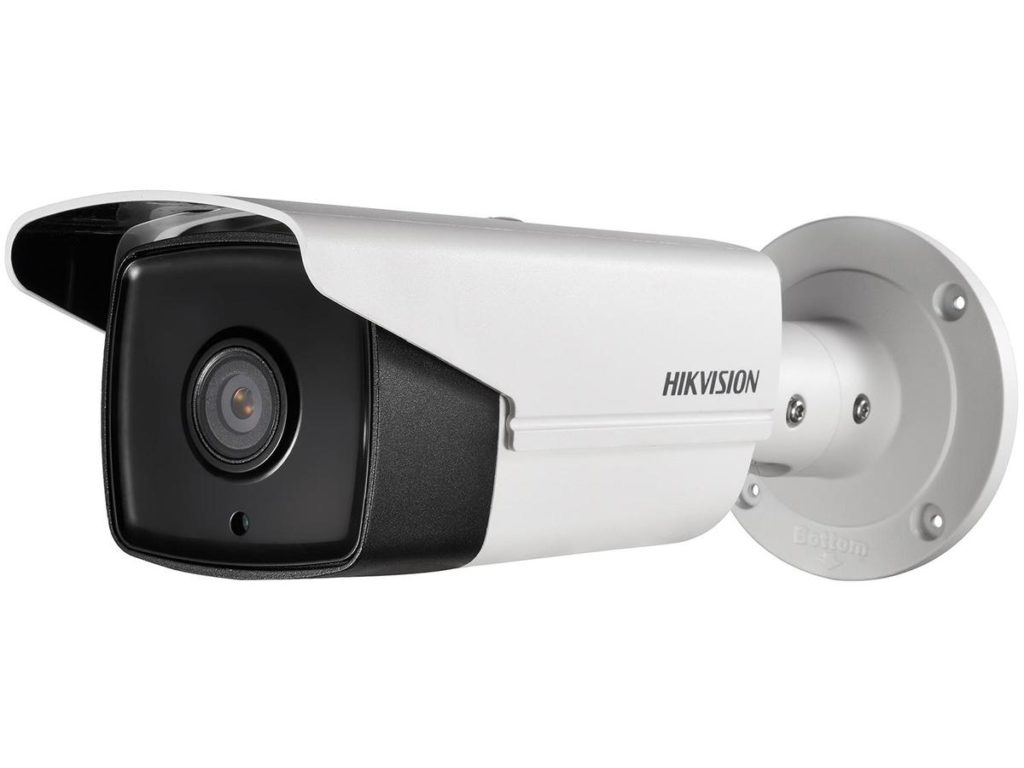

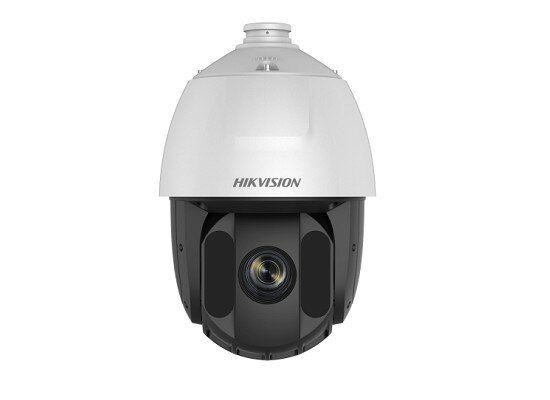

What are the main benefits of choosing a Professional system?
Overall, opting to have your CCTV professionally installed means you are actively taking steps to minimise the risk of break-in whilst taking advantage of the following benefits that only come with a Professional Installation.
Your system will be…
● Professionally designed by experienced security consultants
● Installed to SSAIB SS2003 Standards (The Security Systems and Alarms Inspection Board)
● Fully Commissioned with SSAIB Certification provided
● Full Warranty on all Equipment (Supplied and replaced free of charge)
● Free and Unlimited Tech support, 24 hours a day 365 days a year
Regardless of what option you go for, you need to think of the following…..
How do I access the images?
If you work away regularly, or if you’re not always on-site you may want the ability to access and view the images remotely. Depending on the system you will generally have options to view your system through any of the below:


● A Smart phone App
● Or via your Desktop Computer
This is something you need to consider depending on your personal preference. If the system is configured to notify you of any activations, you can then remotely view what is happening at your premises and decide what course of action to take, e.g.: Attend site yourself, call the Police, or disregard the alarm as you see fit.
Where do you want the recorded footage to be stored?
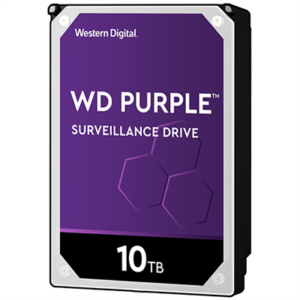

They will record up to capacity and then record over footage starting from the beginning again. The unit will do this continuously recording in a loop. Another advantage of professionally installed systems is the ability to have off site storage. This means that footage can be backed up to a remote cloud-based server, the advantage being that should anything happen to your DVR/NVR you can still access everything.
These systems can also be integrated into central monitoring software allowing you to view several systems from one location, something invaluable to business owners with multiple sites.
If you or your company would benefit from some expert advice about your current CCTV provisions, of if you’d like a fully compliant quote for a new system, call Our expert team to arrange a consultation.






